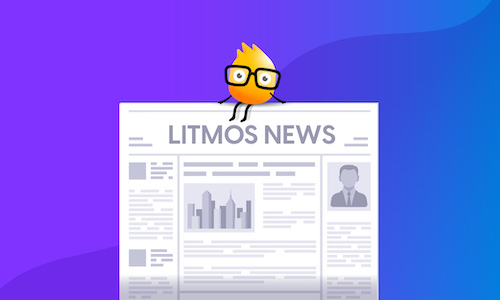Programme ROI is not the whole value story for learning
The world of business is increasingly intelligence led and evidence based. All functions are required to demonstrate their effectiveness, efficiency and value. Learning budgets may be more secure than some, but budget holders need to do more than just manage costs. Learning leaders are called on to lead the contribution to solving strategic people challenges. Programme design and delivery alone is insufficient. How should L&D respond?
Traditional approaches alone are no longer enough
“May you live in interesting times” the saying goes. Whether a blessing or a curse it is fair summary of the corporate landscape today. We do not have to search hard for sources of disruption and uncertainty. Whether economic, demographic or political, external factors are creating seemingly endless unpredictability for corporate decision makers.
Equally, the nature of work continues to shift. Employees are more demanding as demands upon them grow. Technology continues to show great promise and create persistent challenges. Microsoft research points to some workers spending as much as two days per week managing email and in meetings. Our research echoes this with 40% of learning professionals stating that digital learning fatigue is becoming more of a problem. Interesting times indeed. Perhaps counterintuitively, against this backdrop, budgets for L&D are largely resilient. Compared to 2022, the number of L&D teams who expect their budget to decrease has gone from 8% to 21%, whilst 29% anticipate a rise in budget and 40% expect consistency year on year.
What is different is the expectation that value can be attributed to the use of those funds. This goes beyond the need to show ROI for programmes and projects. There is a fresh call to understand the contribution of people development to addressing the range of challenges facing them – some listed above, and those yet faced. Costing inputs and measuring usage will always be important but funders are looking for a story of value in business terms. They are seeking partnership and the evidence that describes it.
We don’t have to talk about learning to describe its value
Broadly speaking, a learning service should be setting goals to optimise work and energise those doing it, all in the service of solving problems in the business value chain. Plans, design, and delivery should rest on intelligence from evidence. Looking at the description of this in the value chain diagram below, there is little explicitly referencing what is traditionally called “learning.” The focus is on the business objectives, optimising work and the behaviours, ways of working, and values of employees.
Insight is drawn from analysis of the business and its market. Effective solutions to these problems will have integrate an understanding of learning and design but describing that is not the core of the case for value. Neither is it the core of the message that our stakeholder audience is looking for.
Strong relationships are the foundations of every business case
So, what does a business case for a contemporary learning service look like – one that sets its sights beyond an argument for budget or the analysis of programme ROI? Again, the key is to look beyond design and delivery, addressing the context the service is in and the full range of benefits sought. Those may be broad, depending on the circumstances, and may not always be financial. They must have a clear link to business objectives. Similarly, the full picture of costs will look beyond budget alone.
All of this needs to rest on clearly presented evidence of the current situation and how you will measure progress from there. Learning data helps paint your picture but is not the whole image. Perhaps most importantly, the leaders of the service need to cultivate solid and enduring relationships with those who are taking decisions.
In the shadows of formally articulated goals are the signals of what motivates them. The language they use, the examples they choose and the barriers they describe are excellent clues to the story you need to tell. In many organisations, the real action takes place outside of formal settings and documentation. Being part of those conversations helps shape your narrative. Lifting the function out of the design and delivery groove does not mean abandoning the principles and methods of well designed, effective learning. Addressing that knowledge and experience towards clearly defined business goals (organisation value) and well described people needs (audience value), makes the connection with decision makers simpler.
Essentially, the challenge to a transactional model for L&D is one of relevance. It has not always clearly presented business evidence of relevance to those steering the organization through a volatile landscape. It has also often fallen short of sharp relevance to those needing to learn. What is in it for them? Striking and sustaining helpful relationships with the end user audience goes hand in hand with sustaining strong stakeholder connections. This takes the time and effort of research in all its forms, constant data monitoring and ongoing conversation. There are no short cuts to this, but every step is rewarding whether starting out or building on progress. This intelligence led approach is a must for any contemporary learning service. It gives strength to the relationships that will guide it to relevant insights for all stakeholders.
About Fosway
Fosway Group is Europe’s #1 HR Industry Analyst focused on Next Gen HR, Talent and Learning. Founded in 1996, we are known for our unique European research, our independence and our integrity. And just like the Roman road we draw our name from, you’ll find that we’re unusually direct. We don’t have a vested interest in your supplier or consulting choices. So, whether you’re looking for independent research, specific advice or a critical friend to cut through the market hype, we can tell you what you need to know to succeed. Talk to us today on +44 (0) 207 917 1870 or via info@fosway.com, or visit us at www.fosway.com.






